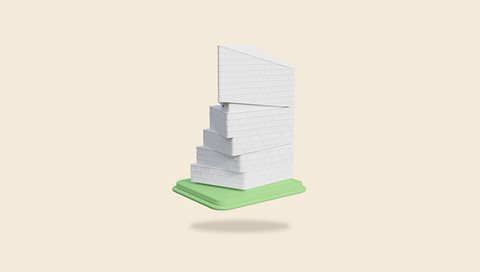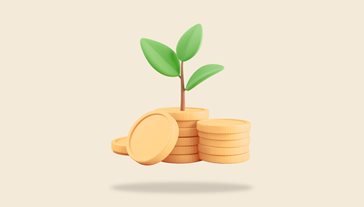

General
Things we don't invest in
Rest invests in a diverse range of assets, but we don't invest in every type of asset. Learn more about the assets that Rest does not invest in and why.


Property and your super
Learn about different types of property investments, and the important diversification role they can play in your super.


How Rest invests responsibly
Ever wanted to know more about responsible investing and how Rest does it?
